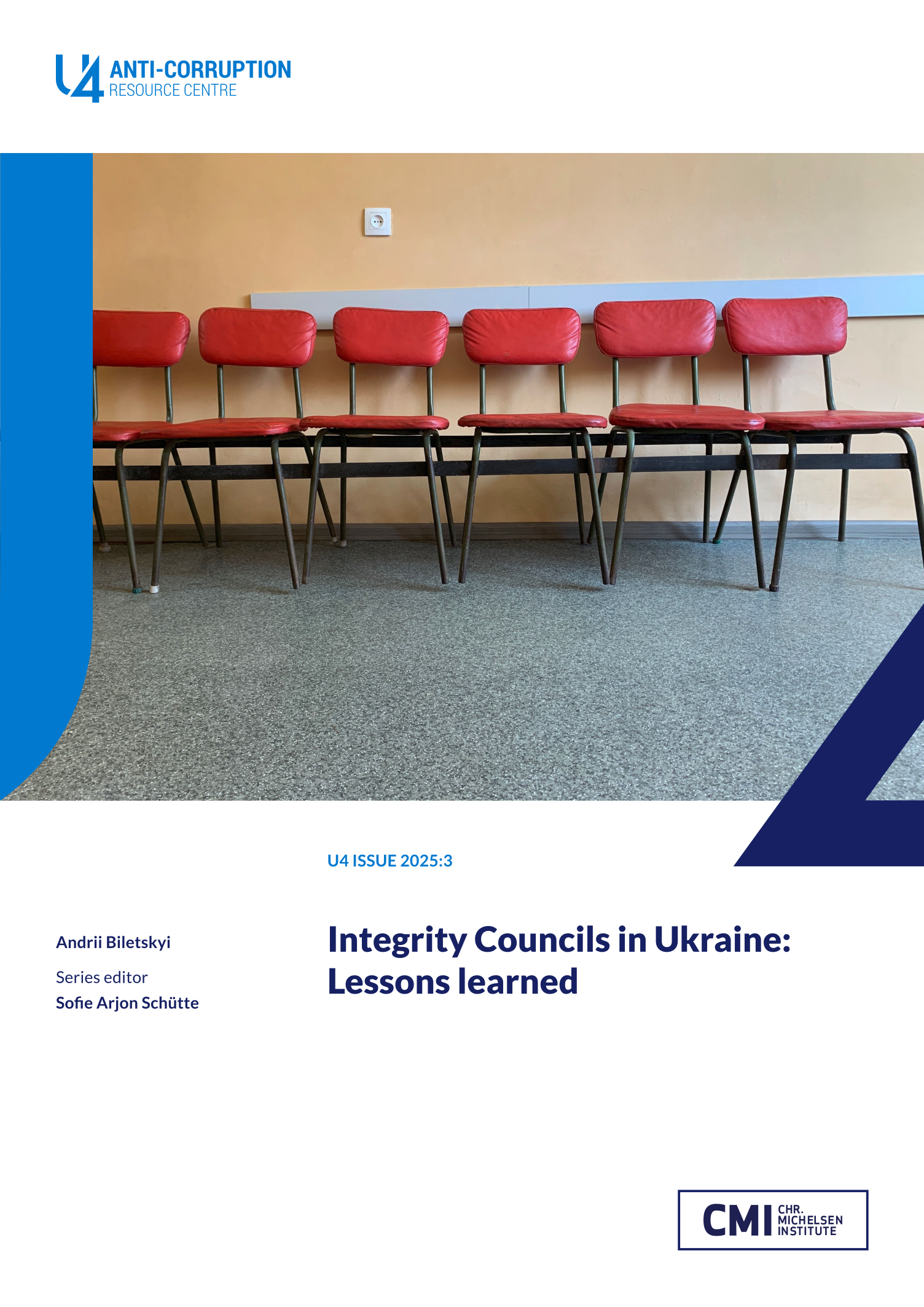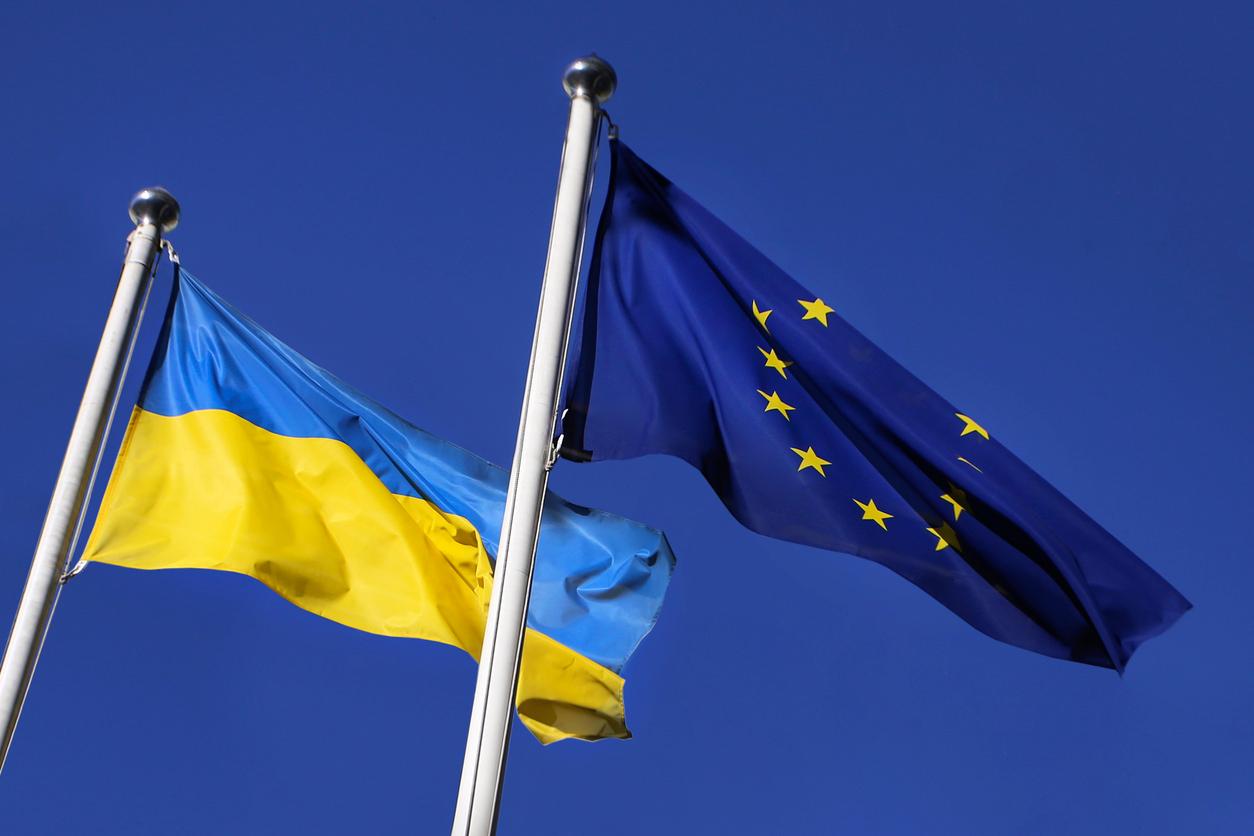Main points
- So-called Integrity Councils (ICs) were created in Ukraine after 2014 to vet candidates for leadership roles in anti-corruption bodies and the judiciary.
- Civil society and international experts played a central role in shaping ICs, ensuring transparency and accountability in the selection process.
- Political interference remains a significant challenge, with attempts to manipulate appointments and delay reforms.
- Resource and operational constraints, including lack of funding and administrative support, limit IC efficiency and sustainability.
- International involvement has been crucial in safeguarding IC independence and must continue until national institutions can operate impartially on their own.
- The designation of the nominating authority can significantly influence the impartiality of IC members, making it essential to consider not only who is appointed, but also who appoints them.
- Ukraine’s IC model offers valuable lessons for other transitional democracies seeking to reform their justice and anti-corruption systems.



